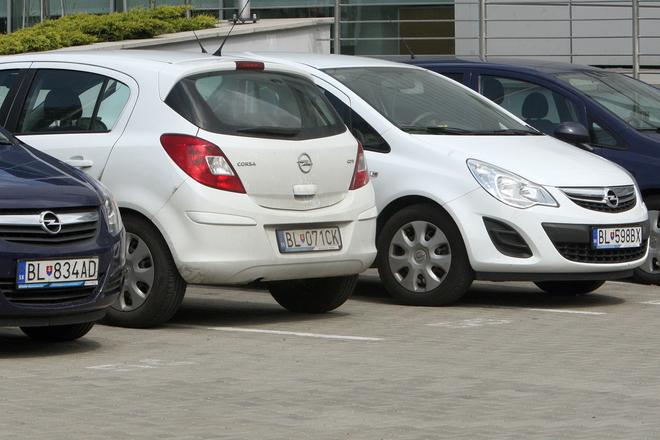Angry drivers have started a petition to stop car registration fees rising after lawmakers approved changes that could see people forced to pay higher fees when they register older cars.
Until now, the registration fees drivers pay when buying either a brand-new car or a used car have been calculated depending on engine performance and a co-efficient based on the car’s age.
For example, in 2022 the registration fee for a car with engine performance of 132-143 kW stood at a basic rate of €700. The charge falls the older it is – registration of a 10 year-old car with the same engine performance is equal to the basic fee multiplied by a coefficient of 0.16, bringing the fee to €112.
Power | Fee |
up to 80 kW (including) | €33 |
80-86 kW | €90 |
86-92 kW | €110 |
92-98 kW | €150 |
98-104 kW | €210 |
104-110 kW | €260 |
110-121 kW | €360 |
121-132 kW | €530 |
132-143 kW | €700 |
143-154 kW | €870 |
154-165 kW | €1,100 |
165-176 kW | €1,250 |
176-202 kW | €1,900 |
202-228 kW | €2,300 |
228-254 kW | €2,700 |
254 kW and more | €3,900 |
Source: Interior Ministry
But following legislation passed in December, as of April 1, 2023, this co-efficient will be based not on the car’s age, but its emissions.
The environmental coefficient of the vehicle has a value from 1 to 0.1 with 1 being for vehicles falling within the Euro 1 standard, and the coefficient decreasing by 0.1 for each subsequent Euro emission standard the car’s emissions fall into.


